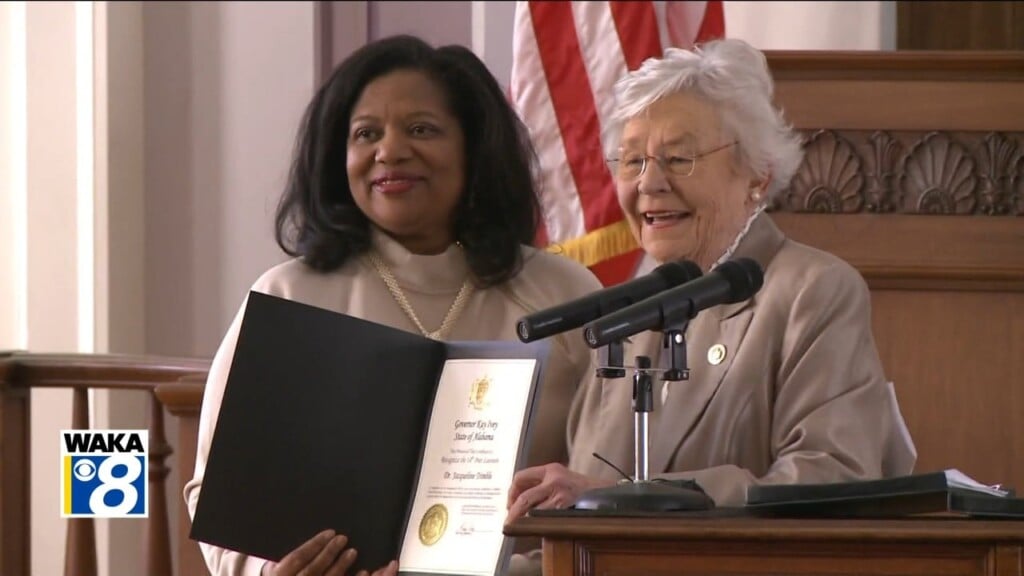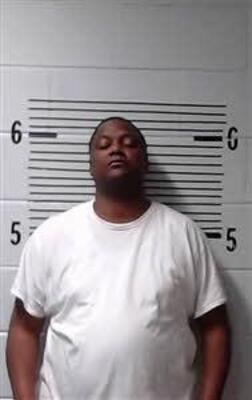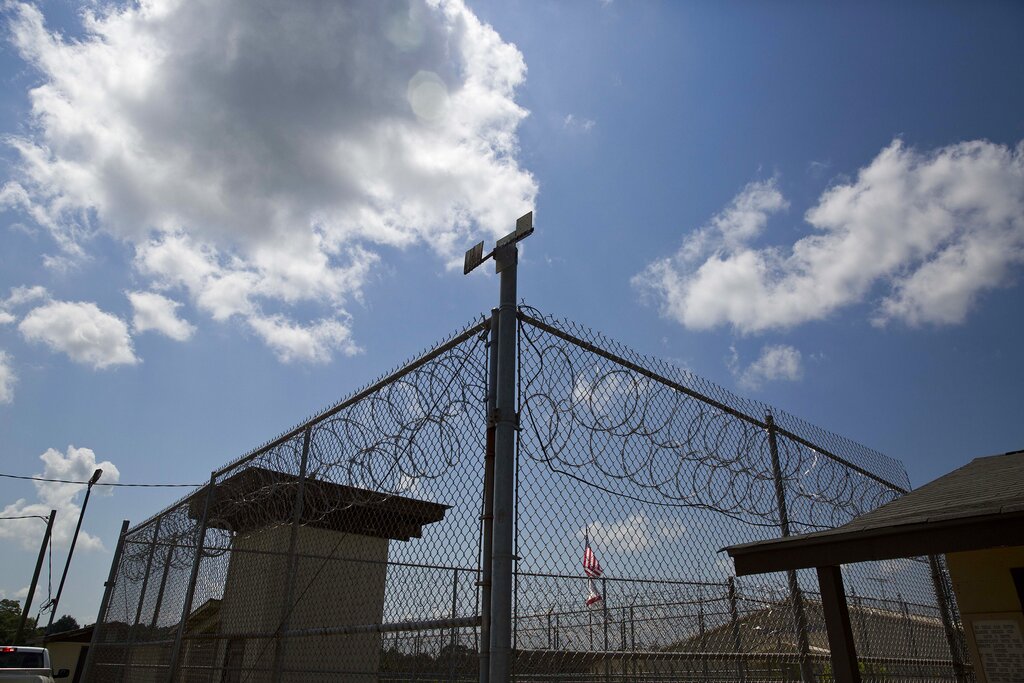Alabama to require public schools to have a cardiac emergency response plan

Photo Caption (L to R): Connie Dacus, Mark Williams, McCain Foster, Niko Corley, Sen. Jay Hovey, Chris King, Hank Darbo, Jay Love, Gov. Kay Ivey, Heidi Darbo, Heather Amberson, Rep. Ed Oliver, Jada Shaffer, Lizzi Willicott, Cory Moon – Photo: Office of Governor Kay Ivey
Alabama’s public schools are now required to have a cardiac emergency response plan.
Gov. Kay Ivey signed the John Wesley Foster Act yesterday. The plan requires schools to have instructions for people to dial 911, start CPR and use an AED on campus and at school-sponsored athletic events in the case of a cardiac emergency.
“Nothing is more important than the health and safety of Alabama students. This bill ensures that schools will have the training and tools necessary to respond quickly and efficiently to a cardiac event,” said Rep. Ed Oliver (R-Dadeville), the bill’s sponsor.
The American Heart Association pushed for the legislation. The act is named after John Wesley Foster, a Gadsden boy who died after experiencing cardiac arrest at the age of nine in 2006.
“John Wesley was a devoted, loving child who loved sports, his family and would often help others,” said his mother, Heather Amberson. “As a nurse, I know how important it is for everyone to learn CPR. When someone suffers cardiac arrest, we all need to act quickly, call 911 and start CPR before paramedics arrive. It is my sincere hope this legislation will empower schools to save the lives of students, parents, teachers, and other school visitors.”
More than 356,000 people experience cardiac arrest outside of a hospital in the U.S. each year. Currently, only 10% of those people will survive. CPR, if performed immediately, can double or even triple a person’s chance of survival, the American Heart Association says.
It is estimated that about 23,000 children under the age of 18 experience cardiac arrest outside of a hospital annually in this country. Of those children, about 40% are sports related. In schools with AEDs, approximately 70% of children survive cardiac arrest – seven times the overall survival rate for children, the American Heart Association says.






